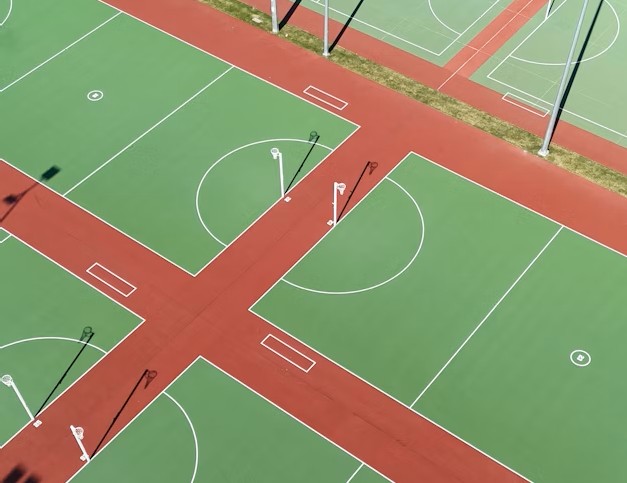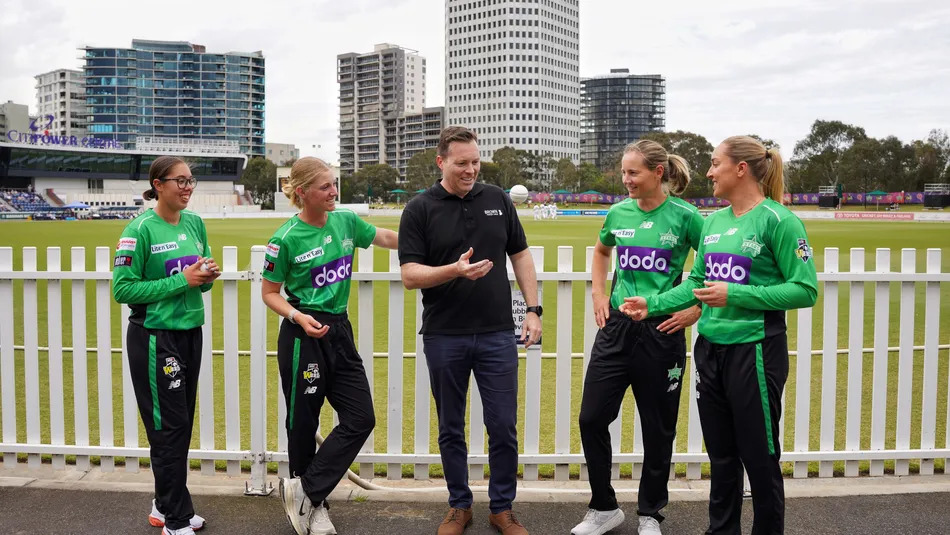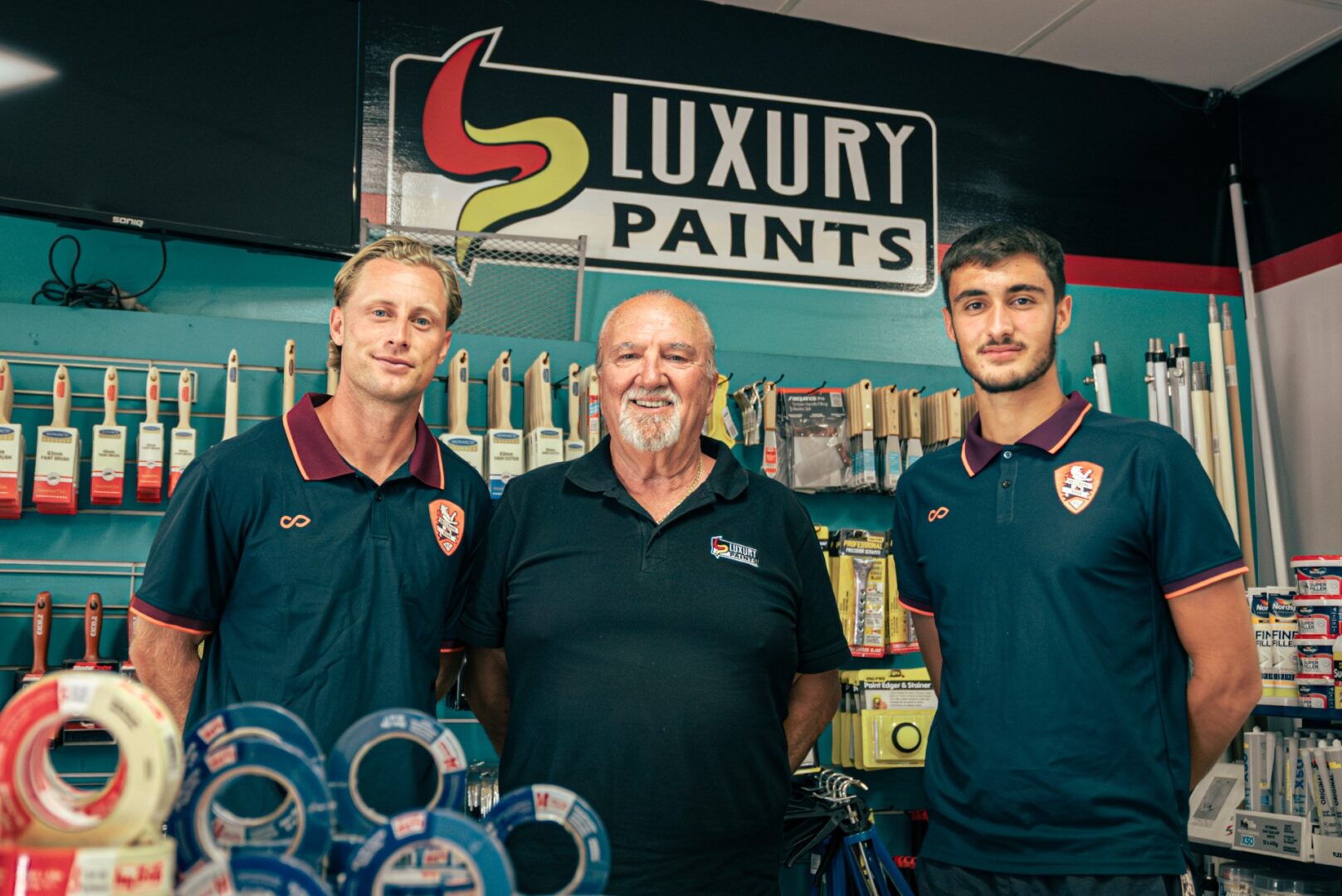Nike’s Olympic Strategy: Rebuilding Brand Perception on the World Stage
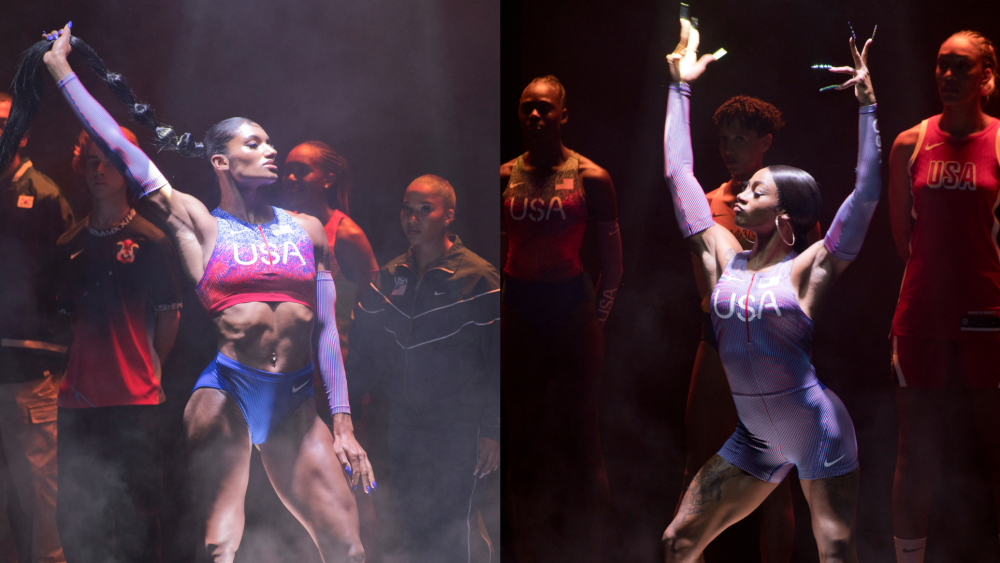
Nike, a name synonymous with sports excellence, has once again turned to the global stage of the Olympics to reinforce its brand image during challenging times. As one of the most recognisable brands in the sports industry, Nike’s history is rich with iconic partnerships, notably its groundbreaking collaboration with Michael Jordan in the 1980s. However, the company now faces a critical moment, with its stock down 30% since the beginning of 2024, compelling it to leverage the power of its athlete endorsements at the Paris Olympics.
In a heartfelt letter to Nike’s Olympic athletes, cofounder Phil Knight emphasised the significance of their success not just for personal glory but as a vital component in rejuvenating the brand. “We need you. The world needs you. Now more than ever,” Knight implored, highlighting the company’s reliance on its athletes, including stars like LeBron James and Sha’Carri Richardson, to secure victories and restore its image as a leader in sports performance and innovation.
The urgency of Nike’s situation is underscored by its financial challenges. The company’s stock suffered a significant blow in June, plummeting 20% in a single day following a fiscal-year earnings decline announcement. These financial setbacks were compounded by a workforce reduction of approximately 5% during the fiscal year ending May 31, 2024, surpassing the initial 2% cut announced in February.
Rising Competition
Nike’s current predicament is further intensified by the growing competition in the athletic apparel market. Brands such as On, Asics, New Balance, and Hoka have capitalised on gaps in Nike’s strategy, particularly in the running and tennis segments, where they have gained traction. On, a Swiss start-up, has made significant strides with sponsorships including tennis legend Roger Federer and world champion runner Hellen Obiri. Meanwhile, Adidas, with its sponsorship of sprinter Noah Lyles, continues to challenge Nike’s dominance.
A Strategic Response
Nike’s strategic response centres on reinvesting in brand equity and consumer engagement. CEO John Donahoe outlined a plan to inject $1 billion into consumer-facing activities, supplementing the already substantial $4 billion annual marketing budget. This initiative represents Nike’s most significant media investment in years, positioning the Paris Olympics as a critical platform to showcase its brand to a global audience.
“This Olympics … it will be our largest media spend,” stated Heidi O’Neill, Nike’s president of consumer, product, and brand, in April. The company’s heightened focus on the Olympics aims to capture the public’s imagination and strengthen its market position.
Achievements and Future Prospects
Nike athletes made their mark in Paris, with Scottie Scheffler securing gold in men’s golf and Zheng Qinwen triumphing in women’s tennis. However, not all outcomes have been golden, as Sha’Carri Richardson and Carlos Alcaraz claimed silver in their respective events.
While these victories contribute to Nike’s immediate brand visibility, the long-term impact on sales remains unknown. However, Nike’s utilisation of the Olympics as a strategic platform exemplifies how major sporting events can serve as a catalyst for brand revitalisation. The coming months will reveal whether these efforts translate into sustained financial success, providing a blueprint for leveraging global events to rebuild and strengthen brand perception.
Similar Stories
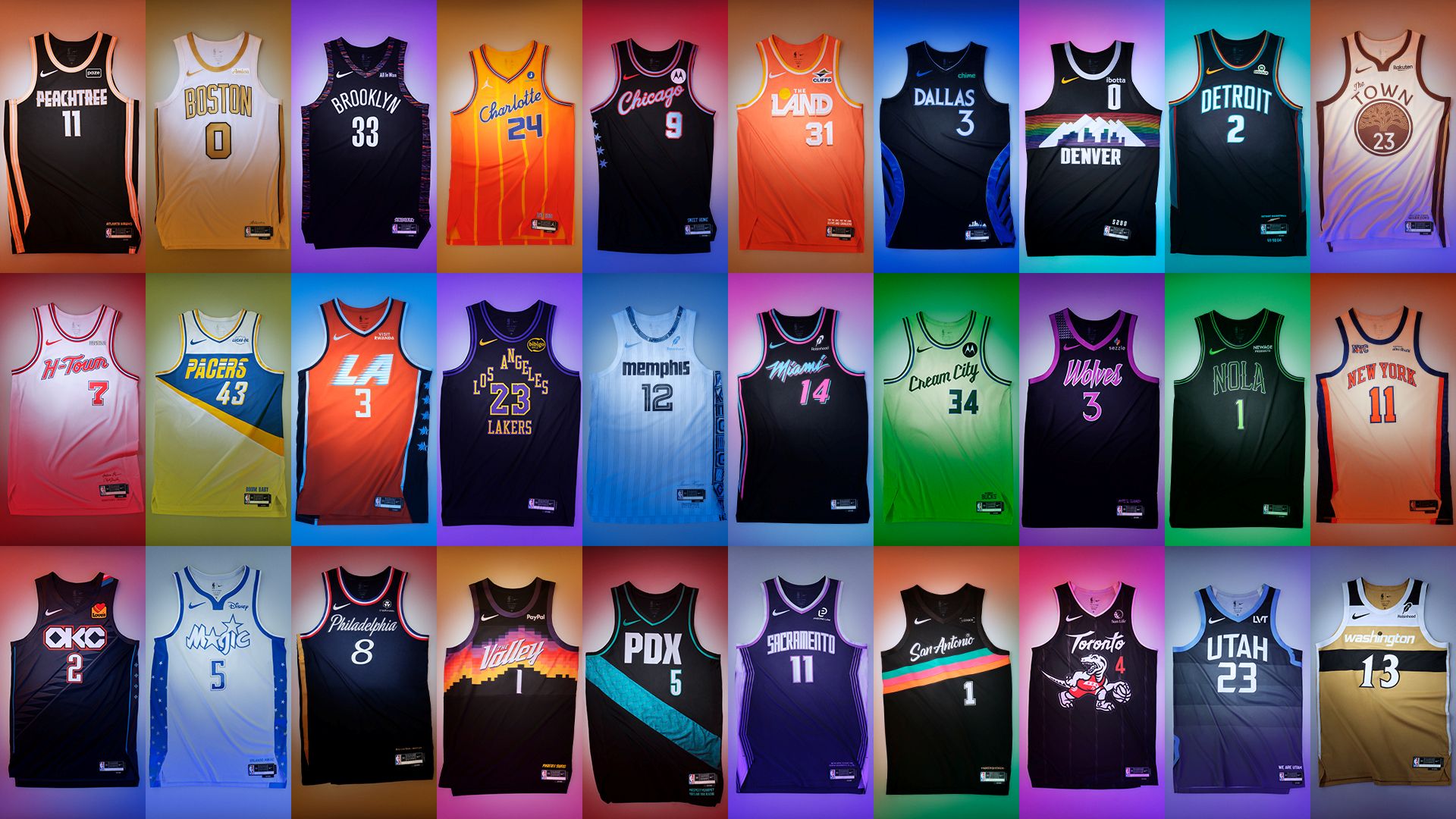
NBA and Nike Launch 2025–26 City Edition Collection
The NBA and Nike have officially unveiled the 2025–26 City Edition collection, marking...
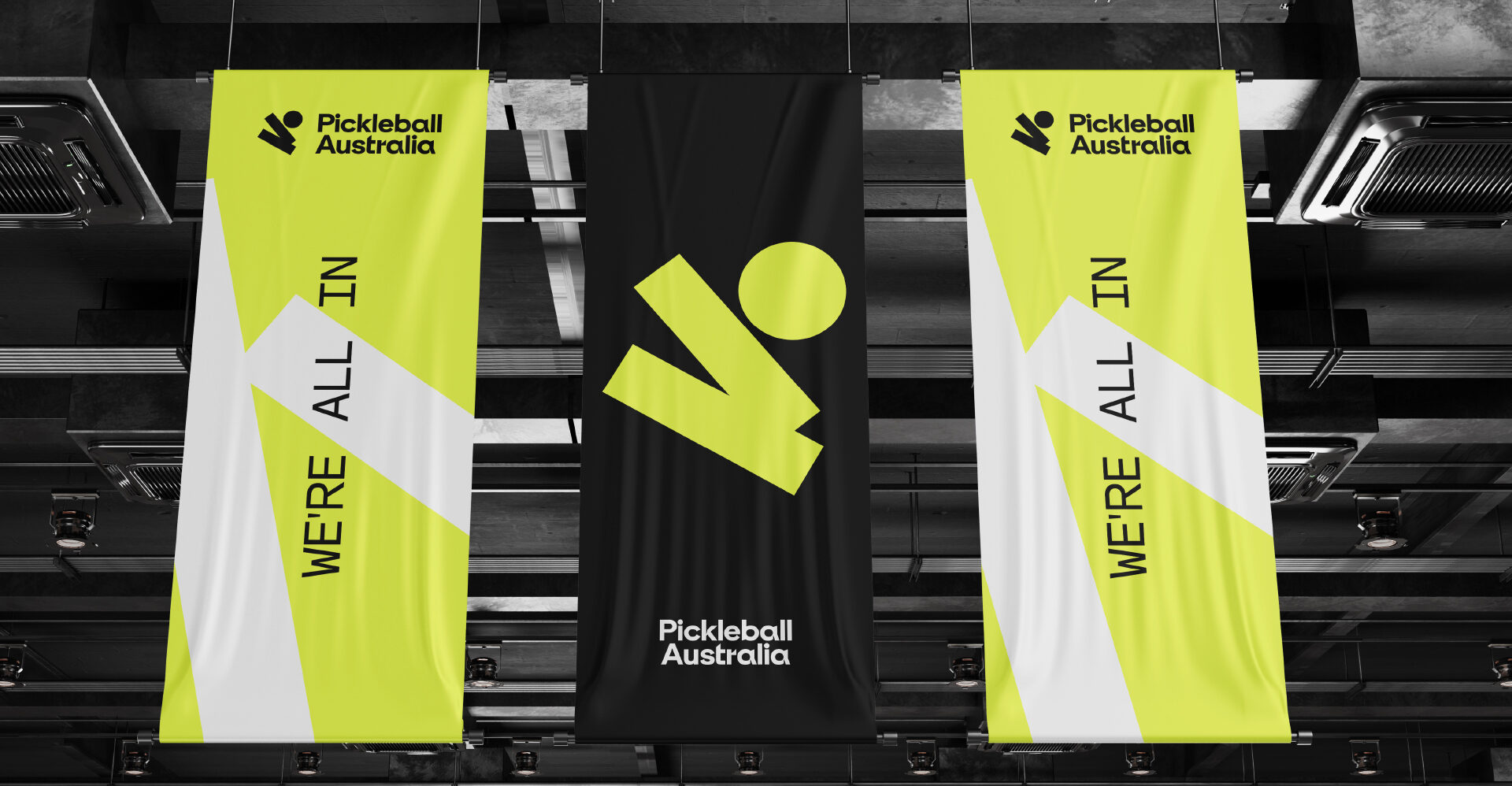
Pickleball Australia Announce New Brand Identity
Pickleball Australia has unveiled a new brand identity as part of its continued...
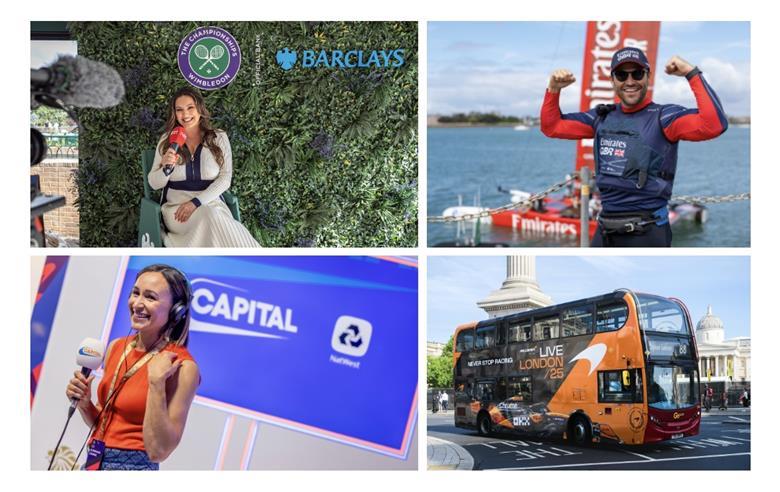
Global Launches ‘Sport by Global’ to Expand Video-First Sports Entertainment Offering
Global has announced the launch of Sport by Global, a new sports entertainment...
It's free to join the team!
Join the most engaged community in the Sports Business World.
Get all the latest news, insights, data, education and event updates.



